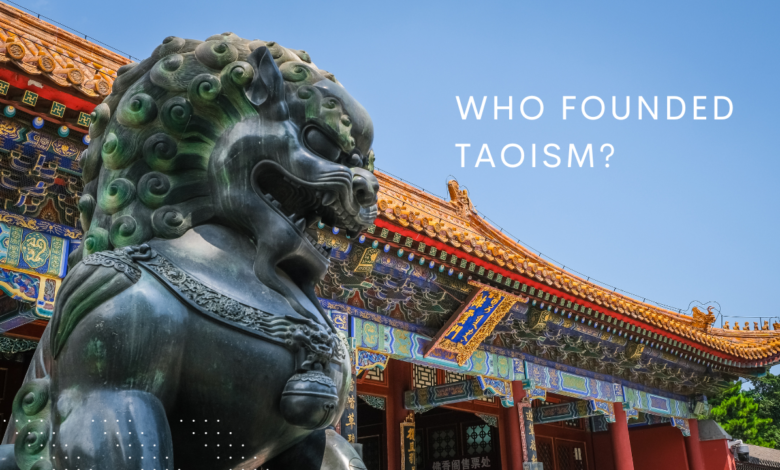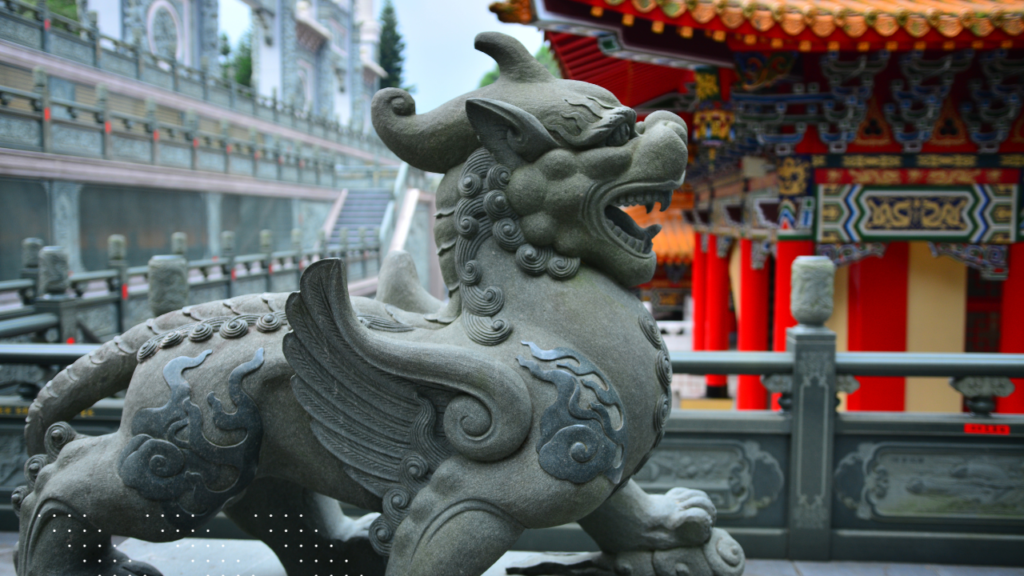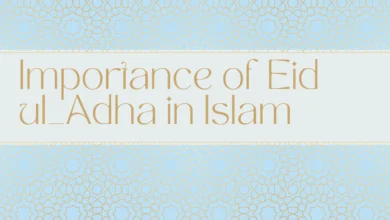
Who Founded Taoism?
Taoism does not have a single recognized founder. While Laozi and Chuang Tzu are often associated with its development, the tradition evolved organically over time.

Introduction
Taoism, also known as Daoism, is one of the world’s most ancient and profound philosophical and spiritual traditions. It has influenced Chinese culture for over two millennia, offering a unique perspective on life, nature, and the universe. Despite its immense impact, the question of who founded Taoism remains shrouded in mystery, as this tradition evolved organically over centuries. In this article, we will explore the origins of Taoism and the prominent figures associated with its development.
The Elusiveness of a Founder
Unlike many other major world religions and philosophies, Taoism does not have a single recognized founder or a clear beginning point. Instead, it emerged gradually and organically from the cultural and philosophical landscape of ancient China. This elusiveness of a founder is integral to the philosophy itself, as Taoism emphasizes the idea of the Tao, a fundamental and unchanging principle that is beyond human comprehension.
Also check.
- What is Taoism?
- What is the Holy Book of Sikhism?
- Who Founded Sikhism?
- What is Indo Islamic Culture?
- What does Muslims Believe in?
Laozi – The Legendary Figure
Though there is no definitive historical record of his existence, Laozi is often considered the most prominent figure associated with the founding of Taoism. According to tradition, Laozi was a scholar and archivist in the Zhou dynasty (6th century BCE) who wrote the foundational text of Taoism, the “Tao Te Ching” or “Dao De Jing.” This text, composed of 81 short chapters, outlines the fundamental concepts of Taoism and provides guidance on how to live in harmony with the Tao.
Laozi’s teachings revolve around the concept of the Tao, which can be loosely translated as “the Way” or “the Path.” The Tao is the underlying, ever-present force that governs the natural world, and Laozi’s writings suggest that one should strive to align with the Tao by living a simple and harmonious life, free from unnecessary desires and striving.
Chuang Tzu – The Second Sage
Another significant figure in the development of Taoism is Chuang Tzu, who is traditionally attributed to the work bearing his name, “Chuang Tzu” or “Zhuangzi.” He lived in the 4th century BCE and is renowned for his philosophical writings that elaborated on Laozi’s ideas.
Chuang Tzu’s writings expound on the concept of the Tao and the importance of embracing spontaneity, humility, and a non-interventionist approach to life. He also emphasized the relativity of human values and beliefs, suggesting that our understanding of the world is subjective and limited.
Taoism’s Evolution and Influence
Taoism evolved over time as various schools and sects developed, each interpreting and expanding upon the teachings of Laozi and Chuang Tzu. These interpretations ranged from religious practices involving alchemy, divination, and the worship of deities to a more philosophical approach focused on self-cultivation and living in harmony with nature.
Despite its lack of a single founder, Taoism has played a vital role in shaping Chinese culture and philosophy. It has had a profound impact on traditional Chinese medicine, martial arts, art, and even government policies. Its core principles of balance, harmony, and the pursuit of wisdom remain relevant in the modern world.
Conclusion
The question of who founded Taoism is as elusive as the Tao itself. While Laozi and Chuang Tzu are often associated with its early development, the true origins of Taoism are deeply rooted in the rich tapestry of Chinese history and culture. The essence of Taoism lies in its philosophy, which emphasizes living in harmony with the Tao, embracing simplicity, and recognizing the inherent interconnectedness of all things. It is a tradition that encourages individuals to seek balance and wisdom, striving to find their own Way within the vastness of the universe.

FAQs
Who is the founder of Taoism?
Taoism does not have a single recognized founder. While Laozi and Chuang Tzu are often associated with its development, the tradition evolved organically over time.
Who was Laozi, and what is his connection to Taoism?
Laozi is a legendary figure traditionally associated with the founding of Taoism. He is attributed to writing the “Tao Te Ching,” a foundational text of Taoist philosophy.
Who was Chuang Tzu, and how did he contribute to Taoism?
Chuang Tzu, also known as Zhuangzi, was another important figure in Taoism. He wrote the philosophical text “Chuang Tzu,” which expanded on Laozi’s ideas and further influenced Taoist thought.
When and where did Taoism originate?
Taoism’s origins are difficult to pinpoint as it developed gradually in ancient China, with its roots dating back over two thousand years.
Are there different sects or branches of Taoism with varying beliefs and practices?
Yes, there are various schools and sects of Taoism, each interpreting and expanding upon the core Taoist principles in unique ways. Some emphasize religious and ritualistic practices, while others focus on philosophical and ethical aspects.
How has Taoism influenced Chinese culture and society?
Taoism has had a profound impact on traditional Chinese medicine, martial arts, art, and even government policies. Its principles of balance, harmony, and wisdom have left a lasting imprint on Chinese culture.
What is the central concept of Taoism?
The central concept of Taoism is the Tao, often translated as “the Way” or “the Path.” It represents the fundamental, unchanging principle that governs the natural world and is to be harmonized with in one’s life.
Is Taoism a religion or a philosophy?
Taoism can be both a philosophical and a religious tradition. Some practitioners focus on its philosophical aspects, while others engage in religious practices, including the worship of deities and immortality rituals.
Are there any contemporary figures or leaders in Taoism today?
While there are Taoist priests, practitioners, and scholars, there is no single, universally recognized contemporary figure as the leader of Taoism. It remains a diverse and decentralized tradition.
Can anyone practice Taoism, or is it limited to a specific group of people?
Taoism is open to anyone who wishes to explore its teachings and principles. It does not have strict membership requirements or restrictions based on nationality or ethnicity, making it accessible to people from various backgrounds.




